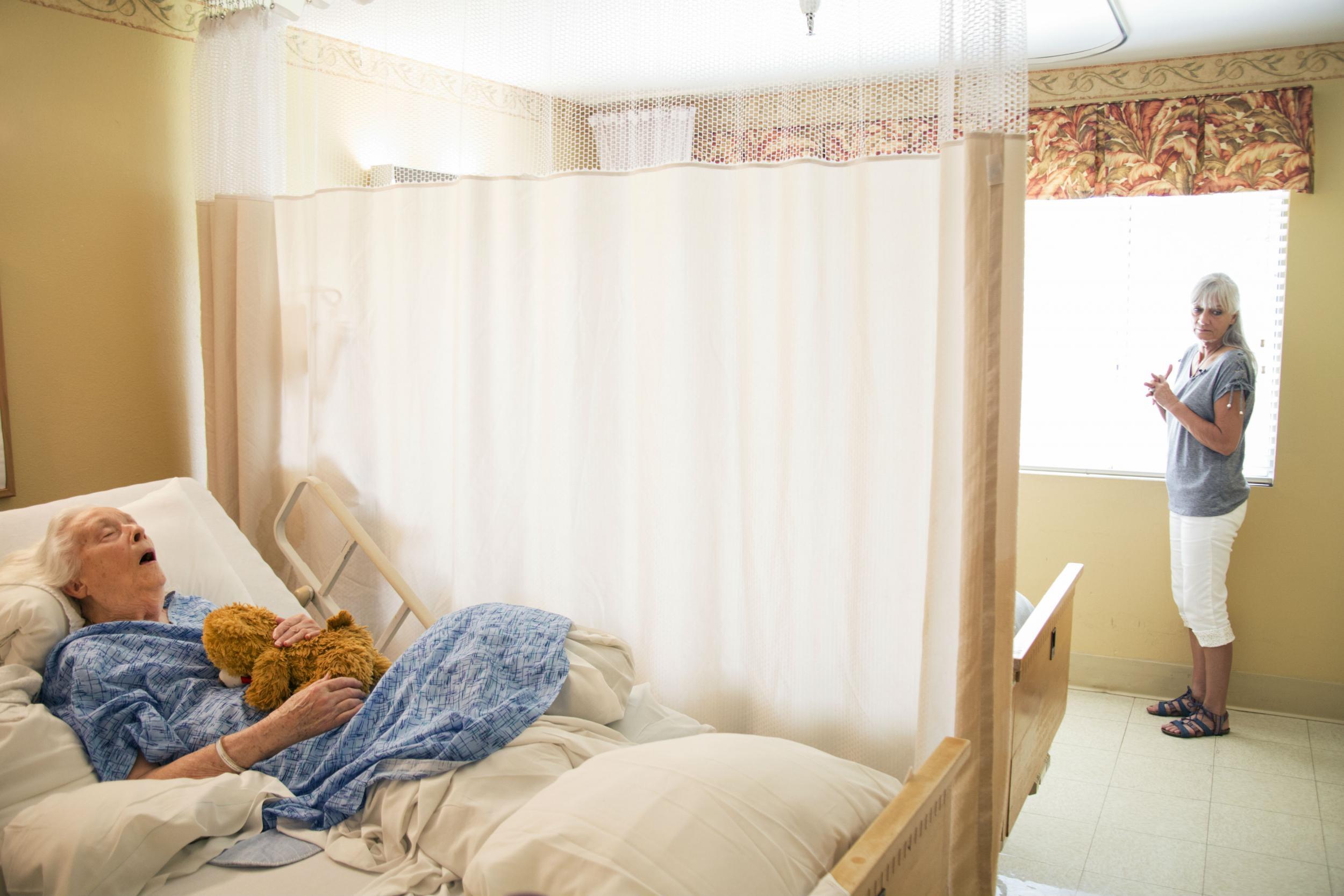Make social care free to save NHS, say ex-Labour and Tory ministers
Peers also call for 'radical streamlining' of damaging reforms under former health secretary Andrew Lansley

Your support helps us to tell the story
From reproductive rights to climate change to Big Tech, The Independent is on the ground when the story is developing. Whether it's investigating the financials of Elon Musk's pro-Trump PAC or producing our latest documentary, 'The A Word', which shines a light on the American women fighting for reproductive rights, we know how important it is to parse out the facts from the messaging.
At such a critical moment in US history, we need reporters on the ground. Your donation allows us to keep sending journalists to speak to both sides of the story.
The Independent is trusted by Americans across the entire political spectrum. And unlike many other quality news outlets, we choose not to lock Americans out of our reporting and analysis with paywalls. We believe quality journalism should be available to everyone, paid for by those who can afford it.
Your support makes all the difference.The government should make social care free to everyone who needs it to take pressure off the NHS, former Labour and Tory health ministers have said.
Conservative, Lord David Prior and Labour’s Lord Ara Darzi also called for a “radical streamlining” of NHS organisations to roll back the damaging reforms implemented by former health secretary Andrew Lansley.
Abolishing means testing of social care would end the scandal of people with significant care needs facing bills in the hundreds of thousands of pounds for care, they said.
Cuts to social care funding under the Conservatives have seen the numbers of people receiving state-funded care falling five per cent a year.
But it is costing the NHS £3bn a year to care for people in hospital who are fit enough to be sent home but haven’t got sufficient support, and free services for people with “critical” or “substantial” needs would help.
Elderly people in residential accommodation would still be expected to pay their own housing costs if they can afford to, as at present.
The report sets out how the NHS and social care system could deliver productivity savings which they claim, combined with the extra funding, would release resources to meet the rising needs of an ageing population and enable it to embrace medical and technical advances.
Their plan, compiled with think tank the Institute for Public Policy Research (IPPR), suggests streamlining the NHS by replacing 244 commissioning bodies and other organisations with up to 10 new Health and Care Authorities
It also puts forward the case for a long-term funding settlement which guarantees NHS funding will grow at its historic annual rate of 1.5% above overall economic growth, for a total of around 3.5% a year looking after people who
Reform would require annual spending on social care to double, from its current level of around £17 billion to £36 billion, by 2030.
The report recommends funding this during the current parliament by putting a penny on National Insurance Contributions (NICs) for employers, employees and the self-employed, as part of a wider settlement for the NHS.
They suggest the creation of up to 10 new Health and Care Authorities (HCAs), to replace the current 195 Clinical Commissioning Groups (CCGs) and five NHS England regions.
This would mean undoing some of the Lansley reforms, which separated acute and community care commissioning – undertaken by CCGs – and primary care and specialised commissioning – undertaken by NHS England.
The number of national NHS leadership bodies would also be cut from six to three, by merging NHS Improvement, Health Education England and Public Health England with NHS England.
They also suggest the obligation to competitively tender for services – internally or externally – should be scrapped, arguing that the constant churn generated by this process is costly and disruptive to care, with limited evidence that it has improved quality or efficiency.
Lord Darzi said: “The NHS and social care have done well to improve or maintain quality over the last decade. But the cracks are now showing.
“We need bold action to ensure that the NHS is fit for the 21st century. This will mean caring as much about social care and public health as the NHS and embracing reform as much as additional funding.
“The gift the NHS needs on its 70th birthday is a pragmatic plan to secure it for future generations.”
Lord Prior said: “Simply putting more money into the NHS and hoping for the best will not work. With funding must come radical reform. We need a shift from ‘diagnose and treat’ to ‘predict and prevent’.
“Care must be joined up around – and tailored to – the patient. A universal service should be there for everyone, not the same for everyone.
“At the heart of our plan for reform is a radical simplification of the NHS and a properly funded social care system to make this happen.”
Join our commenting forum
Join thought-provoking conversations, follow other Independent readers and see their replies
Comments